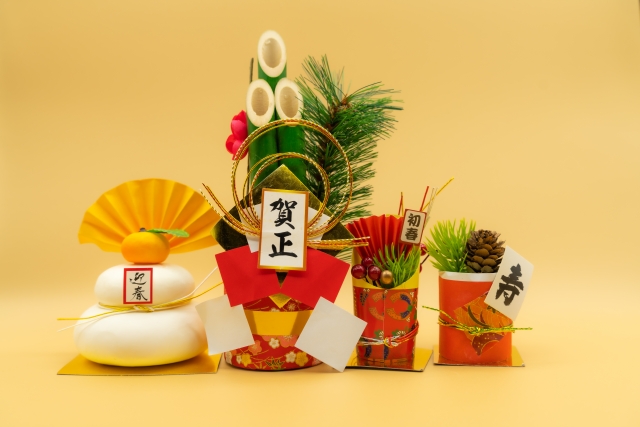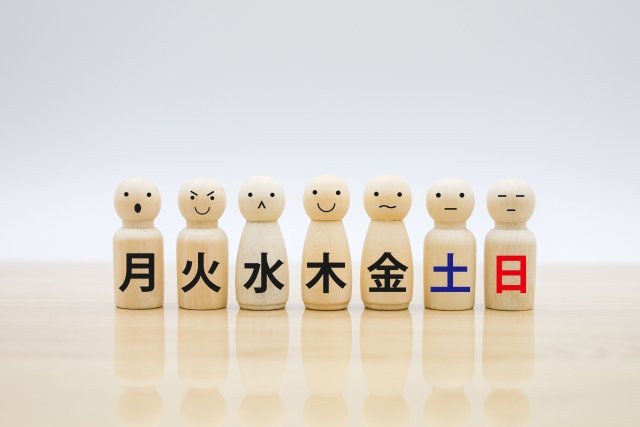February 14 is “Valentine’s Day.
Many people buy delicious and fashionable chocolates for gifts or make their own handmade chocolates for this day.
In Japan, the custom of Valentine’s Day has taken root as a different custom from those in the West.
In this article, we would like to explain the characteristics of Valentine’s Day in Japan and points to note.

Click here to learn Japanese language with the best one-on-one Japanese tutoring lessons in person or online.
Contents
Origin of Valentine’s Day
Although Valentine’s Day is popular all over the world, surprisingly few people know its origin.
It is said that Valentine’s Day derives its name from the Christian “Valentine Priest”.
The time period is the 3rd century.
In Rome, marriage was forbidden to young people.
The reason was that marriage would prevent them from dedicating their lives to their country.
Taking pity on such young people, Valentine priests married them off without telling the state.
However, his actions were discovered by the state and he was executed.
The date of execution is set for February 14.
Yes, Valentine’s Day is “the day that Valentine was executed.
It may seem a little sad to think so, but he married lovers without risking his life, and he came to be known as “St. Valentine” and February 14 as “St. Valentine’s Day”.
It is believed that it was not until the 14th century that the event was fully established as an event.
Valentine’s Day is different in Western countries and Japan
Although February 14 is “a day for lovers” in the world, including Japan, there are differences in its content.
In Western countries, it is a day for men to give gifts to women, while in Japan, it is a day for women to give chocolates to men.
Outside of Japan, gifts may include bouquets of flowers, accessories, and message cards, without being limited to chocolate.
In Europe, many couples get married on Valentine’s Day.
Getting married on Valentine’s Day is considered auspicious.

In Japan, chocolate has been the mainstay for many years, but this is changing in recent years
In Japan, the Valentine’s Day event became popular in earnest during the Showa period.
In the beginning, people gave cosmetics and clothes instead of chocolates, and gifts were exchanged regardless of gender.
Gradually, however, the perception of the day as “a day for women to give chocolates to the men they love” took hold.
People began to confess their love not only by giving chocolates to their boyfriends or husbands, but also by giving chocolates to the people they love.
In Japan, giving chocolates to the person you love is called “honmei-choco,” and the chocolates you give to other male friends and others are called “giri-choco.
While honmei chocolates are handmade and expensive, giri-chocolates are usually small chocolates that can be purchased for as little as 100 yen.
Therefore, a man who receives a chocolate gift can immediately tell whether it is a true love’s gift or a giri.
In recent years, not only gifts from women to men, but also “women to women” and “men to women” cases are gradually increasing.

How to spend Valentine’s Day in Japan
In Japan, the custom of women giving chocolate to men is well established, so if you are a woman, you should try handing out “giri chocolates” to the men in your workplace to make them happy.
If the chocolates are too inexpensive, the atmosphere will be delicate, so if you buy chocolates that are only one rank higher than the average “giri” chocolates, they will be very much appreciated.
If your boyfriend or husband is Japanese, you may want to mention chocolate and a small gift.
Also, if there is a Japanese man you like, it is “possible” to be brave and confess your feelings to him while giving him chocolates.
If you are a man, you may get some giri chocolates from women at your workplace if you are a normal person.
In Japan, it is customary to give back candy and other sweets on White Day, March 14, so don’t forget to buy something about the same (or slightly higher) amount as you received on Valentine’s Day.
If you receive chocolates or a gift that is clearly meant for you without a girlfriend, it is likely that it is a true love’s chocolate.
If you are attractive as a woman and want to get to know her better, ask her out on a date by saying, “I’ll treat you to dinner next time as a thank you.
I am sure that you will naturally become lovers.

Conclusion
In this article, we have explained the “characteristics of Valentine’s Day in Japan and points to note.
Valentine’s Day is “the day when Valentine priest was executed”, and in honor of his achievement, he was called “St. Valentine” and February 14 came to be called “St. Valentine’s Day”.
In Japan, it is strongly recognized as a day for women to give chocolates to men, but this has been gradually changing in recent years, so let’s give chocolates and gifts to those we care for and love.
Related article:










